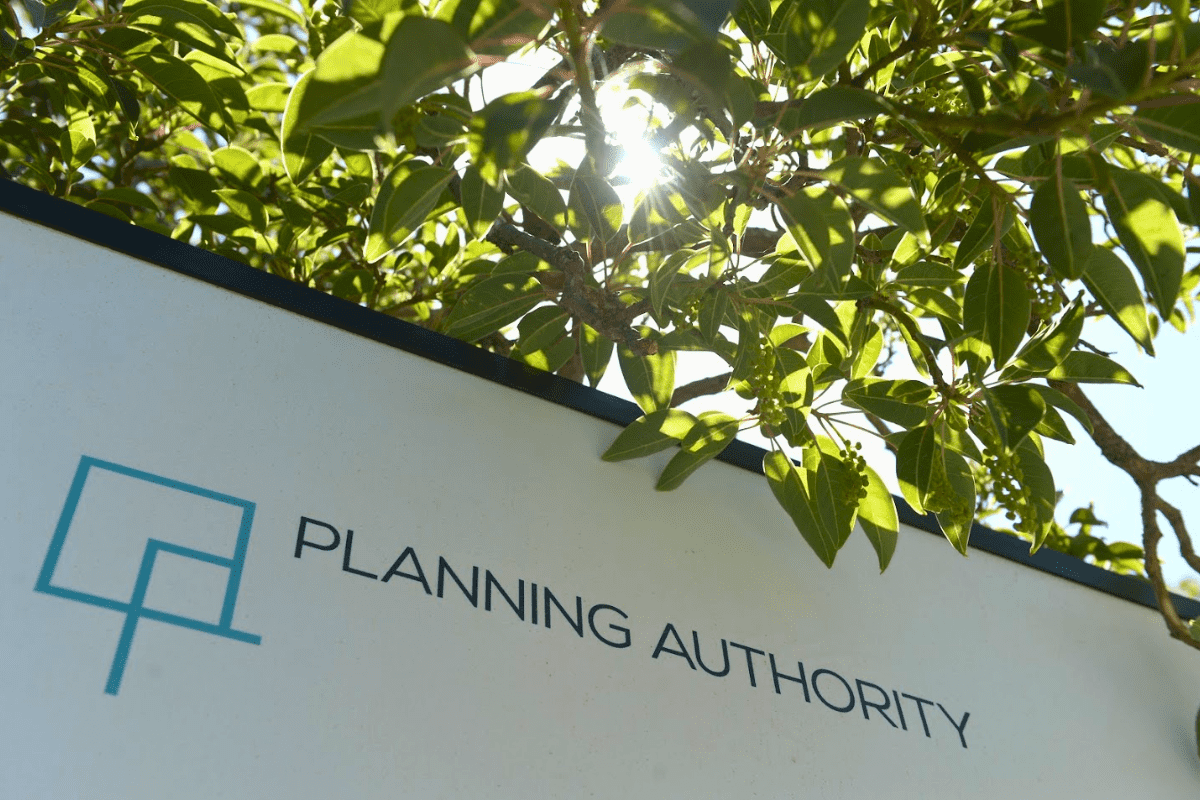The Malta Chamber of Commerce, Enterprise and Industry has raised alarm over the Government’s newly proposed planning law amendments, stating that the changes threaten good governance, increase political interference, and damage long-term competitiveness.
In a strongly worded statement, the Chamber criticised the “piecemeal nature” of Bills 143 and 144, which were unveiled last week. The Chamber noted that the long-promised review of the Strategic Plan for Environment and Development (SPED), which was due in 2020, has yet to materialise – and that the proposed amendments only serve to deepen a planning system already mired in inconsistency and opacity.
“These ad hoc changes defeat the purpose of comprehensive reform,” the Chamber said, warning that they foster a “pick-and-choose approach” that will erode the predictability and coherence required for responsible development.
Appeal rights weakened, political power strengthened
Among the most controversial proposals is the limiting of public appeals. Under the draft legislation, appellants must raise all arguments during the initial objection period and risk a €5,000 fine if their appeal is deemed “vexatious” – with no right to contest that determination.
The Chamber said these changes “make the appeals process less accessible and more costly,” especially for ordinary citizens and civil society. “The threat of fines acts as a deterrent, thereby weakening participation and civic engagement in matters of national importance,” it added.
Further concerns were raised about increased ministerial and Planning Authority discretion. The Planning Board will be empowered to deviate from established policies for reasons such as “spatial” or “contextual” considerations, and the Minister will be allowed to revive expired permits via regulation.
These new discretionary powers introduce dangerous avenues for subjective interpretation on an individual basis, the Chamber warned, citing risks of “lack of transparency, lack of cohesion, lack of clarity and lack of consistency.”
A blow to the rule of law?
The Chamber also criticised the re-opening of regularisation schemes for illegal developments, describing them as a reward for those who flout the rules.
“This not only creates an unlevel playing field but undermines those who follow the rules from the start – a blow to ethical business practice, good governance, and long-term competitiveness,” it said.
While the Government insists the new schemes are not an amnesty, the reforms will allow owners of illegal developments – including in Outside Development Zones (ODZ) – to either pay a hefty fine for a concession or apply for full regularisation within a four-year window.
NGOs and civil society call for withdrawal
The Malta Chamber’s statement echoes widespread backlash from NGOs, planning watchdogs and civil society organisations. In a press conference held in front of Parliament on Monday (yesterday), groups including Moviment Graffitti, BirdLife Malta, Din l-Art Ħelwa, and Flimkien għal Ambjent Aħjar said the bills would “effectively dismantle” the country’s legal safeguards in the planning sector.
The organisations warned that the new powers granted to the Planning Authority and Minister for Planning would strip existing rules and plans of all legal authority.They also condemned the lack of consultation, stating that the proposals were finalised behind closed doors and published mid-summer without stakeholder input.
The NGOs have called for the immediate withdrawal of the bills and the launch of a transparent consultation process through a White Paper.
Calls for reform from within and from the opposition
Even within the Labour Party, the reforms are not going unchallenged. Labour Party President Alex Sciberras broke ranks over the weekend to express his unease, stating that “trust in the system is as important as the system itself.”
He argued that the right of appeal must be protected and that exceptions to policy should come with clear justification and oversight. Dr Sciberras proposed the creation of a National Planning Charter to guide future development within the framework of Malta’s Vision 2050.
“This is not about opposing progress,” he said. “It is about ensuring our progress reflects our values.”
Nationalist Party MPs and leadership hopefuls Adrian Delia and Alex Borg also weighed in. Dr Delia labelled the bills “obscene,” accusing the Government of trying to “silence and suppress anyone who has the right to speak out,” while Dr Borg said the Prime Minister should retire immediately the bill proposed in parliament without consultation, and begin a consultation process so this reform is in favour of the public.
With mounting pressure from civil society and politicians the future of the planning reform bills appears increasingly fraught.
Featured Image:
Planning Authority / maltachamber.org.mt
Malta’s economy grows by 3.1% in first half of 2025, outperforming euro area despite slowdown
Meanwhile the euro area economy expanded by 1.3 per cent year-on-year
Europe must reinvent its growth model, Lagarde tells industry leaders
According to her, the region has become too dependent on other countries for its security needs and essential raw materials
New dwelling approvals surge by 110.3% in Q3 2025
When compared to the same quarter of 2024, the number of approved new dwellings increased by 110.3%






